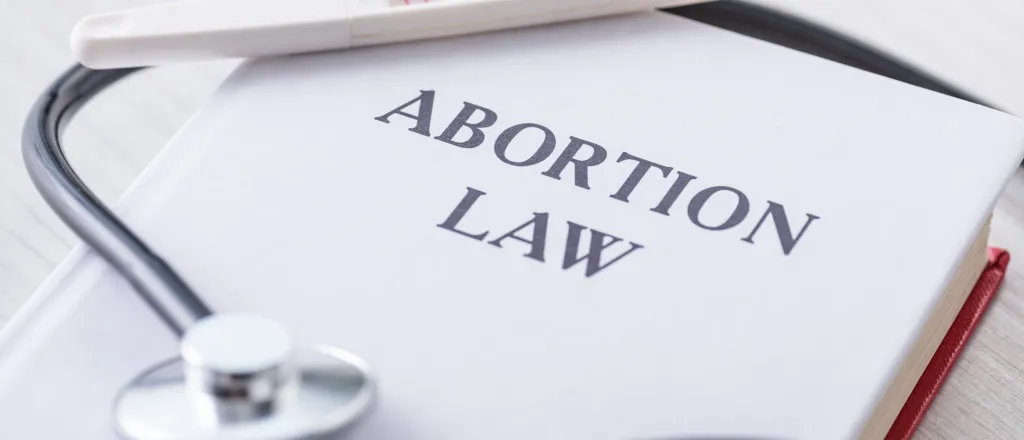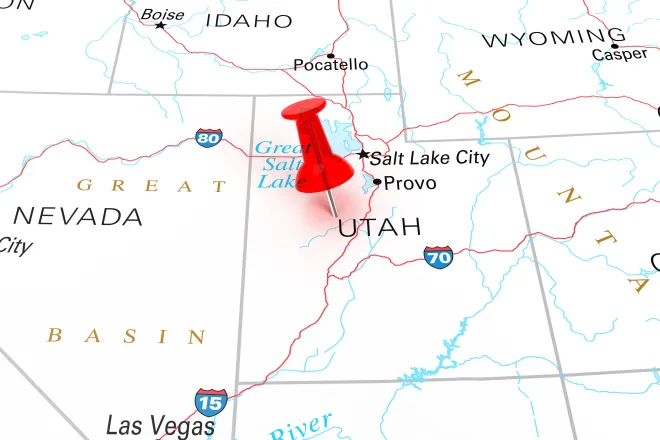
Texas abortion poll: lawmakers out of step with constituents
(Texas News Service) Texas soon will enact one of the strictest abortion bans in the country - and a majority of voters don't like it.
Three out of four - 77 percent of the state's registered voters - would prefer a less severe abortion policy, according to polling by the University of Houston's Hobby School of Public Affairs.
Senior Research Associate there Mark Jones said while there were some significant differences between Republicans and Democrats, most voters think the previously passed House Bill 1280 goes too far.
"If we're thinking of the average Texan," said Jones, "they're preference is either that abortion only be permitted if the woman's life is in danger, or in the case of rape or incest, also for six-weeks for any reason."
Texas is one of several states with a "trigger law" set to take effect 30 days after the Supreme Court issues a formal judgment after overturning Roe v. Wade in May.
The Texas law does not include exceptions for rape or incest, and only allows an abortion if a pregnancy would kill or cause severe injury to the person carrying the child.
Jones said about half of those polled on abortion don't agree with the state's "trigger law."
"If Republican lawmakers had included providing an exception in the case of rape or incest," said Jones, "then they'd pretty much be in line where the average Texas voter is."
The poll also found a majority of voters would support expanding services for those pregnant and their babies, including funding for pregnancy and prenatal care, new born classes, foster care and adoption services. Jones said they also support paying for those.
"Hopefully," said Jones, "the Legislature will at least say, 'OK, if we are going to have this policy related to abortion, we will invest more money so the financial burden or the time burden is ameliorated somewhat.'"
The poll was conducted after the Supreme Court's decision was handed down and included 1,069 respondents who are registered to vote in Texas.















